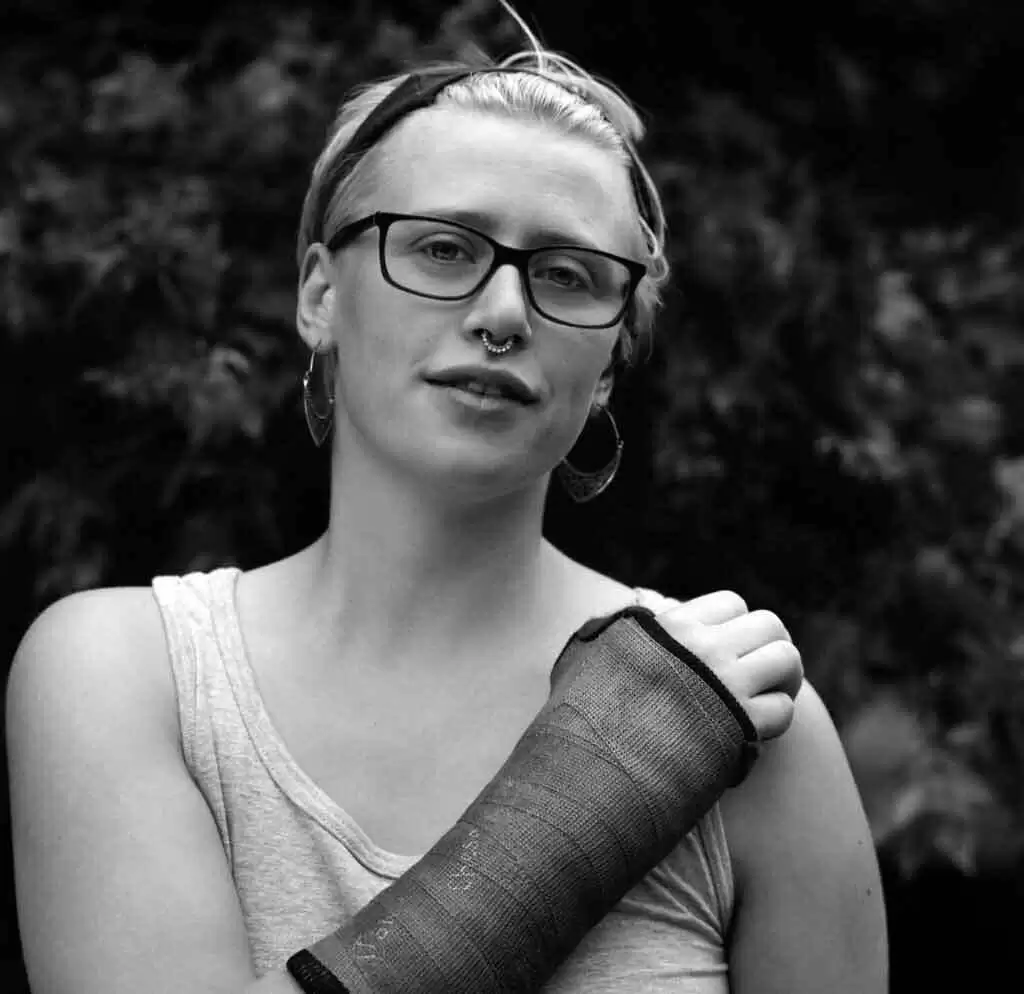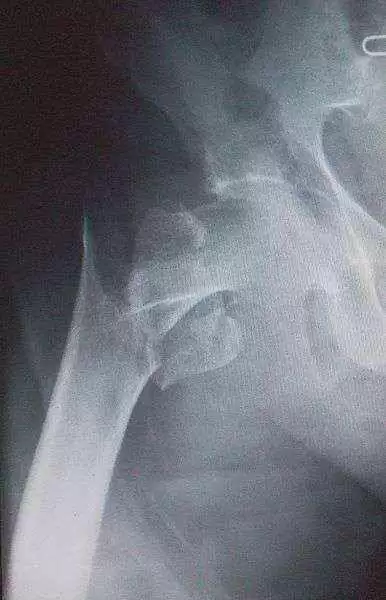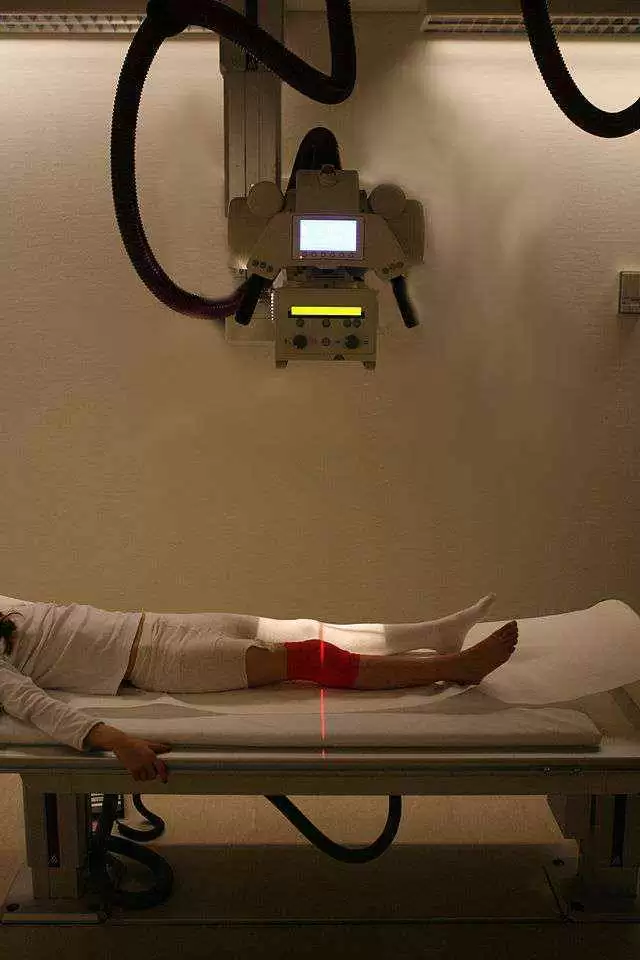
Celiac.com 10/23/2020 - As people age, their bones become less dense, and their risk of developing osteoporosis, leaving them susceptible to fractures. A recent study indicates that celiac disease may increase that risk, even in younger people.
According to the Canadian study, people with celiac disease have a higher risk of serious osteoporotic fracture that is unrelated to their fracture risk assessment tool (FRAX) score. FRAX scores accurately predict fracture risk when celiac disease is added as a secondary osteoporosis risk factor, or when BMD is included in the FRAX assessment.
Celiac.com Sponsor (A12):
A research team used data from the Manitoba Bone Mineral Density Registry to determine the 10-year risk of major osteoporotic fractures in nearly 700 people with celiac disease, over a period of about seven years. They also followed just over 68,000 people from the general population subjects for a similar period. The research team included D.R. Duerksen, L.M. Lix, H. Johansson, E.V. McCloskey, N.C. Harvey, J.A. Kanis & W.D. Leslie.
The team found that about 8.5 percent of people in each group suffered one or more major osteoporotic fractures, even though the celiac disease group was younger, and contained more men.
In the general population, there FRAX predictions and the observed 10-year major osteoporotic fracture probabilities matched up cleanly. In patients with celiac disease, however, predicted and observed fracture predictions only aligned when celiac disease was factored as secondary osteoporosis; otherwise, FRAX underestimated the celiac patients' 10-year major fracture risk by more than 4 percent.
Celiac disease patients face an increased risk of major osteoporotic fractures. When celiac disease is considered as a secondary osteoporosis risk factor, or when BMD is included in FRAX assessment, FRAX can accurately predict future fracture risk.
Do you have celiac disease and also suffer from osteoporosis? Have you broken bones? Share your thoughts below.
Read more in Osteoporosis International (2020)






Recommended Comments
Create an account or sign in to comment
You need to be a member in order to leave a comment
Create an account
Sign up for a new account in our community. It's easy!
Register a new accountSign in
Already have an account? Sign in here.
Sign In Now